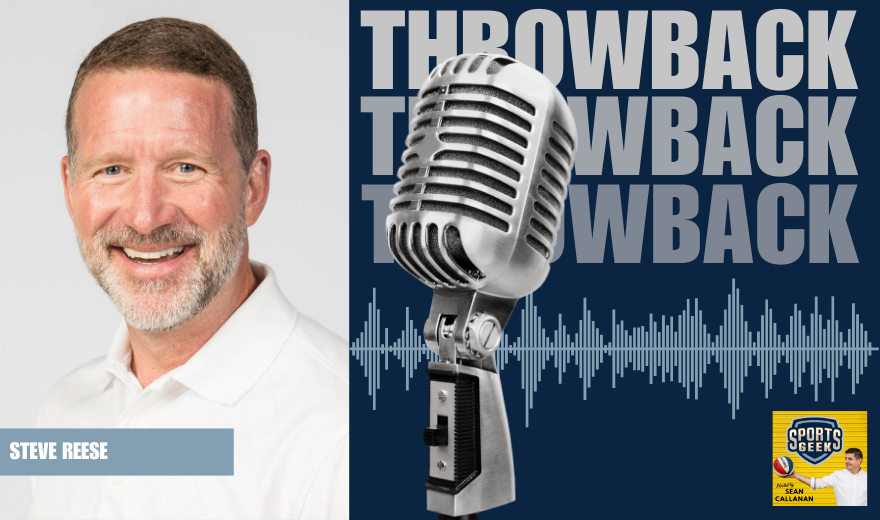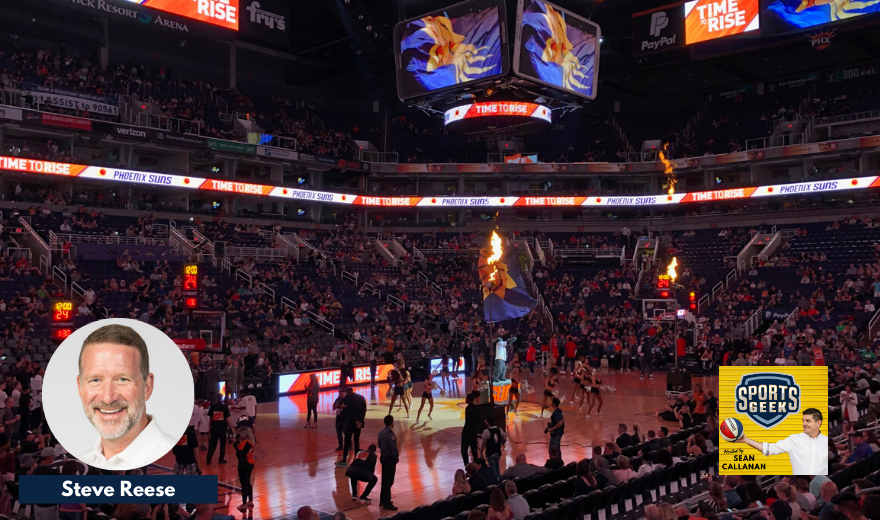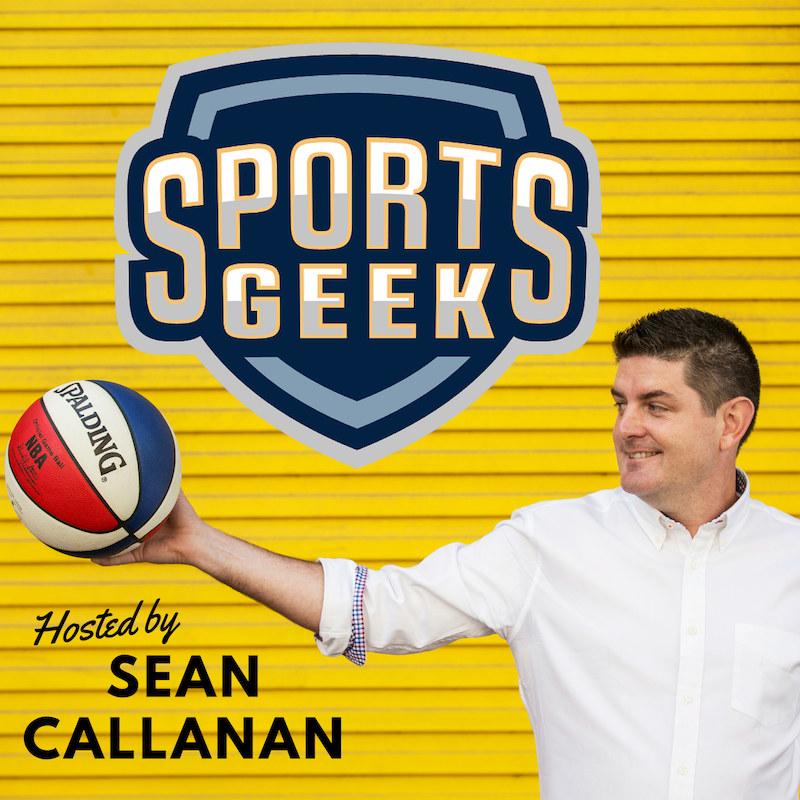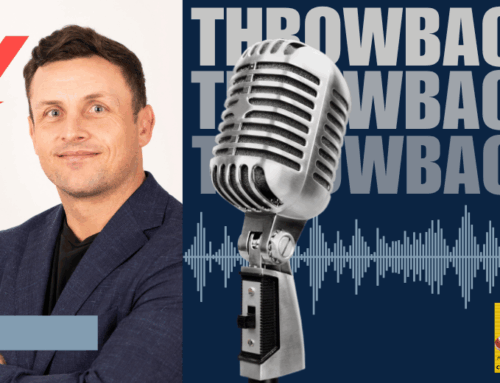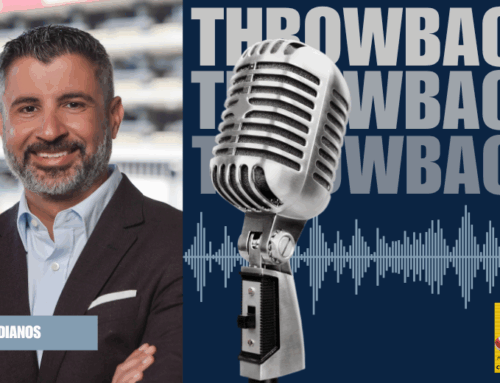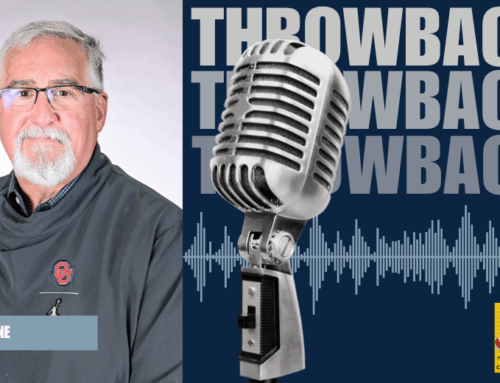This transcript has been lightly edited by AI
Sean: Sleep is far more complex than most people think. It's not just going to bed and getting up in the morning. There are different problems around sleeping, whether it's difficulty falling asleep, waking up in the middle of the night, or achieving restful, deep sleep versus interrupted sleep. As it's a third of our life, how do you start tackling the problem?
Steve: That's a good question because everyone's sleep problems are slightly different. They're unique to who they are. We attack it from two different directions. The first is what it takes to get to sleep. When we start our boot camp, we give out a box with about 20 different items to be used depending on people's issues.
We focus on how to fall asleep more effectively. Some of it's free advice: don't drink coffee in the afternoon. Coffee has a half-life of five hours, so if you drink it at noon, it's still in your system until 10 PM. Our participants prepare for sleep around 11 or 12 o'clock. They avoid coffee and try to exercise before the end of the day, but not too close to bedtime.
We also provide blue light filtering glasses. When I get home after exercising, I wear these glasses. They filter blue light, which encourages melatonin production in my system. Melatonin is like a town crier that tells my body it's time to sleep. We give simple advice like going to bed consistently, reducing coffee intake, and avoiding alcohol three hours before bedtime. These strategies have helped 50 to 75 percent of our participants fall asleep much faster.
Another big issue is sleep apnea. We've partnered with a local company in Scottsdale that has an app called Drowsal. When we start the boot camp, we encourage everyone to sleep alone and let Drowsal listen to their breathing. It does an initial assessment for sleep apnea. A chief medical officer reviews the results and advises if there might be an issue. About 30 percent of the global population has sleep apnea, regardless of fitness level.
For those who wake up stressed in the middle of the night, we use a product called NuCalm. It uses electromagnetic stimulation on the wrist and binaural beats to put you back into a REM state of sleep for a couple of hours. All these tools help reduce anxiety over sleep, allowing people to relax and better utilize their time in bed.


